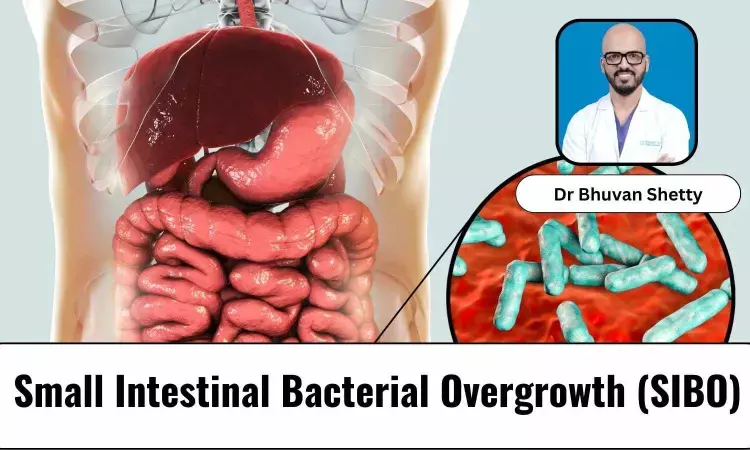- Home
- Medical news & Guidelines
- Anesthesiology
- Cardiology and CTVS
- Critical Care
- Dentistry
- Dermatology
- Diabetes and Endocrinology
- ENT
- Gastroenterology
- Medicine
- Nephrology
- Neurology
- Obstretics-Gynaecology
- Oncology
- Ophthalmology
- Orthopaedics
- Pediatrics-Neonatology
- Psychiatry
- Pulmonology
- Radiology
- Surgery
- Urology
- Laboratory Medicine
- Diet
- Nursing
- Paramedical
- Physiotherapy
- Health news
- Fact Check
- Bone Health Fact Check
- Brain Health Fact Check
- Cancer Related Fact Check
- Child Care Fact Check
- Dental and oral health fact check
- Diabetes and metabolic health fact check
- Diet and Nutrition Fact Check
- Eye and ENT Care Fact Check
- Fitness fact check
- Gut health fact check
- Heart health fact check
- Kidney health fact check
- Medical education fact check
- Men's health fact check
- Respiratory fact check
- Skin and hair care fact check
- Vaccine and Immunization fact check
- Women's health fact check
- AYUSH
- State News
- Andaman and Nicobar Islands
- Andhra Pradesh
- Arunachal Pradesh
- Assam
- Bihar
- Chandigarh
- Chattisgarh
- Dadra and Nagar Haveli
- Daman and Diu
- Delhi
- Goa
- Gujarat
- Haryana
- Himachal Pradesh
- Jammu & Kashmir
- Jharkhand
- Karnataka
- Kerala
- Ladakh
- Lakshadweep
- Madhya Pradesh
- Maharashtra
- Manipur
- Meghalaya
- Mizoram
- Nagaland
- Odisha
- Puducherry
- Punjab
- Rajasthan
- Sikkim
- Tamil Nadu
- Telangana
- Tripura
- Uttar Pradesh
- Uttrakhand
- West Bengal
- Medical Education
- Industry
Understanding and Managing Small Intestinal Bacterial Overgrowth (SIBO) - Dr Bhuvan Shetty

Small intestinal bacterial overgrowth (SIBO) is a well-recognized cause of maldigestion and malabsorption. It is defined as “a disease in which the small bowel is abnormally colonized by an increased number and abnormal types of microorganisms".
This imbalance in the number of bacteria can disrupt the normal digestive process, leading to various symptoms. Early recognition of the symptom is crucial for effective treatment.
The human gut is inhabited by 1014 bacterial cells, with approximately 500 to 1,000 different bacterial species identified to date.
Risk Factors
The prevalence of SIBO among the general population is not known, but in most studies, SIBO has been detected anywhere from 0 to 20% of healthy controls.
1) Patients usually present with
2) Loss of appetite
3) Abdominal pain
4) Nausea
5) Bloating
6) An uncomfortable feeling of fullness after eating
7) Diarrhoea
8) Unintentional weight loss
9) Malnutrition
Clinical Manifestation
1) Weight Loss
2) Steatorrhea or Increased Excretion of fat with faeces due to reduced absorption of fat by intestine
3) Vitamin/mineral deficiency like fat-soluble vitamins (A, D, E, K), Vitamin B12, Iron
4) Hyperproteinaemia
Diagnosis
Multiple Tests are available for diagnosing SIBO.
Breath tests are simple, non-invasive, patient-friendly methods for diagnosing bacterial overgrowth. The glucose hydrogen breath test is commonly used to measure hydrogen levels in the breath. Elevated levels indicate Small intestinal bacterial overgrowth.
Treatment
Mainstay of treatment includes reducing symptoms and restoring normal bacterial microbiota in the intestine.
1) Antibiotics: It helps to eradicate bacterial overgrowth and repletion of any nutritional deficiencies.
2) Probiotics: It helps to restore healthy gut bacteria and help maintain healthy gut health
3) Lifestyle modification: A key principle in managing SIBO is identifying and treating any predisposing factors using a combination of dietary, lifestyle, medical, and surgical therapies. Lifestyle measures include avoiding sugar, reducing NSAID use, and smoking cessation.
In conclusion, SIBO remains a widely prevalent diagnosis but is often overlooked. Early recognition of the symptoms and treatment helps improve the quality of life.
Disclaimer: The views expressed in this article are of the author and not of Medical Dialogues. The Editorial/Content team of Medical Dialogues has not contributed to the writing/editing/packaging of this article.
Dr Bhuvan Shetty MBBS, MD (General Medicine), DM (Gastroenterology) is a Consultant Gastroenterologist at Gleneagles Hospital, Bengaluru, with 14 years of experience in the field. Dr Bhuvan Shetty specialises in Digestive Health, Gut Health, Hepatology, and Gastroenterology.


